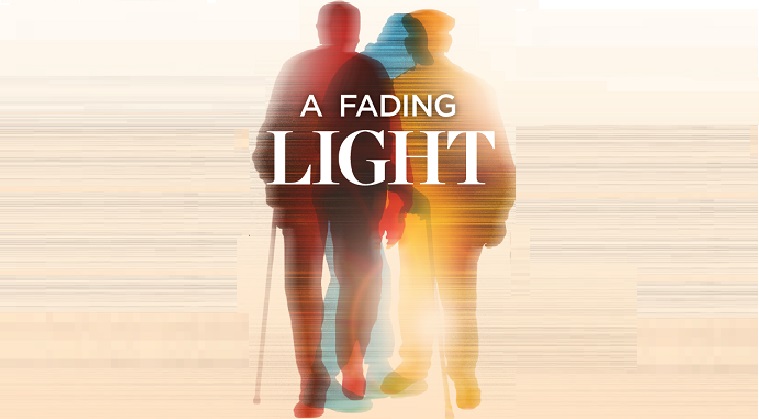A Fading Light: Chapter 10

There is a great deal of exposure when you write about your personal life and struggles

A
few weeks ago, a good friend called to tell me she’d been reading my columns and thought it was so important that I was opening up a discussion of issues not often raised in a public forum.
Then she asked a question that gave me pause: Why was I using my name? Why not publish the same material anonymously or, at the very least, under a pseudonym?
I replied that I’d never thought not to use my name. But I struggled to unpack her question. I doubt she would’ve asked the same question about my other publications, a nonfiction book about literature and numerous articles — most of which, but not all — appeared in scholarly journals and, in one instance, in a collection of essays.
The question might conceivably have been raised — but in fact was not — when I published a novel about caregiving, grief, and the renewal of the self after traumatic loss. Set on an urban college campus, Griefwriting is about a recently widowed professor who teaches a therapeutic writing course. It never occurred to me not to use my real name, but that was a novel, after all, a work of fiction.
I might have resembled the main character in certain ways and undergone experiences similar to hers, but I was not, in the final analysis, the protagonist. This book was about me and not about me. Moreover, it incorporated the stories of other people I had met on my journey as a caregiver and later as a widow. Yes, I wrote about my own experiences, but in writing about theirs as well, I took the focus off myself.
The column I’m writing now is definitely about me. No other characters here, and no veil of fiction, however flimsy. Would this have been the time to become anonymous or, perhaps to make things seem more real, use a different name?
Clearly, this writing is more personal than anything I’ve published to date, and I know that my friend had my best interests at heart when she asked why I was using my own name. If her goal was to protect me, as it surely was, then she was right to bring up the question.
There is a great deal of exposure when you write about your personal life and struggles. It’s an extremely difficult thing to do, but once you’ve made the decision to go forward with it, failing to acknowledge who you are sends the wrong message.
If you’ve been following this column, especially if you read the one about why I write what I do, it should be obvious that my goal is to help readers going through what I experienced. You know, too, that sharing those feelings has been both healing and helpful for me. I would like for you to get this message loud and clear, and to the extent possible, model my behavior in this regard.
(Excerpted from Family First, Issue 648)
Oops! We could not locate your form.


